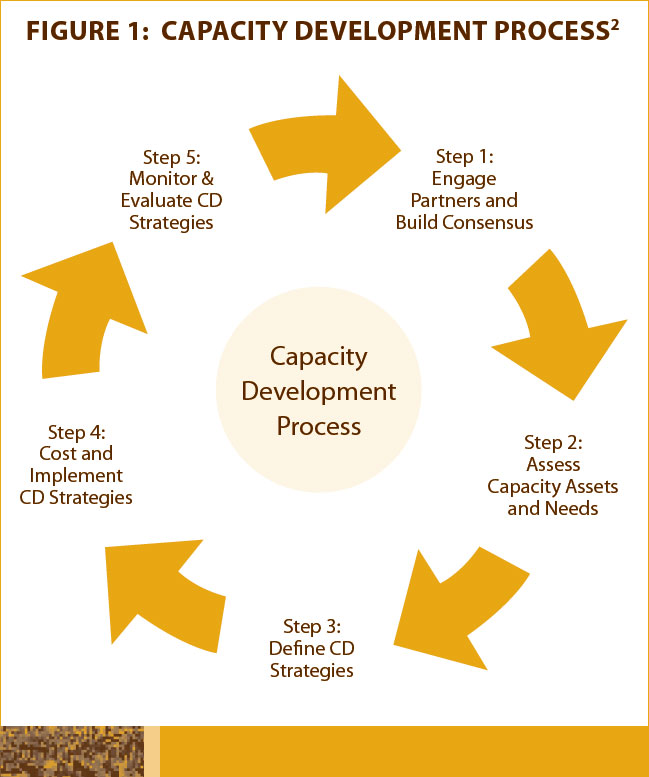Introduction
This Chapter deals with the establishment phase: it covers the period immediately after the institution is established in law, when support will focus on structural issues, institutional development and the beginning of operations.
- Key Infrastructure (premises, transportation, telecommunications, IT, etc.).
- Organisational development (leadership, organizational structure, strategic planning, human resources and knowledge management).
- Financial resources (government support, donor cooperation, financial constraints and financial management).
- Human rights capacity in substantive and thematic areas of human rights (including the rights of vulnerable persons, core protection issues, human rights-based approaches to development, transitional justice and human rights and business).
- Functional areas of capacity (protection, promotion, cooperation with stakeholders, international liaison, advice to government).
New NHRIs face a number of immediate challenges that are common to all NHRIs, although their relative importance may vary. Because these challenges are known and predictable, UNCT staff preparing project documents or developing any plan or assessment involving NHRIs should consider if and how technical assistance should be provided to help the institution respond to these challenges, and if so, what the most effective approach might be. The information set out in this section is meant to allow UNCTs to develop more successful projects, not to suggest that UNCTs should second guess NHRI management or otherwise challenge the NHRI's decision-making.
UNCTs can help bring to light good practices, and ensure that both the UNCT staff and the NHRI staff have the knowledge and tools to work effectively.
Many ideas in this Chapter are adapted from a project to advance the institutional capacity of NHRIs entitled Regional Capacity Assessment Partnership: Initiative in Support of Institutional Capacity Development of National Human Rights Institutions of the Justice and Human Rights Team and Capacity Development Team of the UNDP Regional Centre in Bangkok, in partnership with the Asia Pacific Forum of National Human Rights Institutions (APF), and the National Institutions and Regional Mechanism Section of the OHCHR to advance the institutional capacity of National Human Rights Institutions.1
As highlighted in the Figure 1, one of the first steps in the capacity development process is a capacity assessment, a self-assessment used to identify capacity strengths and needs of the NHRI. The capacity assessment complements strategic planning, priority setting and work planning processes of NHRIs and can be used at different stages of the life of an NHRI and will be particularly effective to support the implementation of the Strategic Plan. The objective of the assessment is to systematically understand existing capacity strengths and gaps of the NHRI and subsequently develop capacity development strategies and responses to help the NHRI fulfill its mandate and the goals and objectives. In order to do so the capacity assessment process also helps the NHRI analyse stakeholder positions and review its organizational structure, operational functions and business processes.
An overview of the capacity assessment process can be found in Annex 8: Sample Briefing Note for a Capacity Assessment of a National Human Rights Institution.
Figure 1: Capacity Development Process2

1 In 2008, a Regional initiative was launched to assist NHRIs to understand their capacity, strengths and needs, and to develop tailored capacity development strategies to address capacity gaps on a continuing and comprehensive basis. The initiative is intended to complement and enhance the support implement by UNDP Country Offices and UNCTs for NHRIs at the national level and is supported by the UNDP Global Human Rights Strengthening Programme.
2 Source: UNDP, The UNDP Capacity Assessment Framework